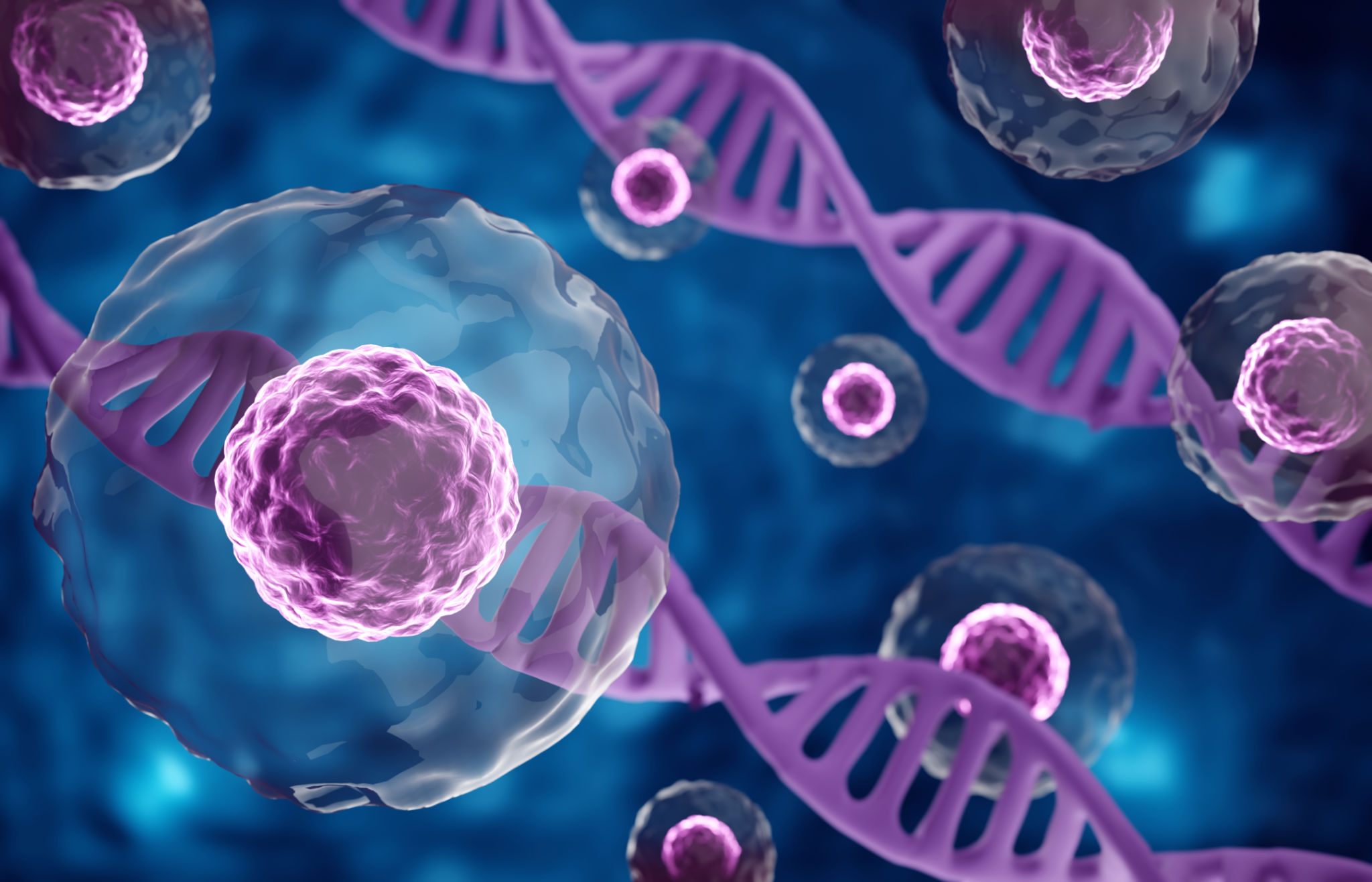5 Common Misconceptions About Prenatal DNA Testing
DB
Introduction
With the advancement of medical technology, prenatal DNA testing has become an essential tool for expecting parents. Despite its growing popularity, there are still several misconceptions surrounding this type of testing. It's crucial to separate fact from fiction to make informed decisions about prenatal care.
Prenatal DNA Testing Is Invasive
One of the most common myths is that all prenatal DNA tests are invasive. In reality, many tests, such as non-invasive prenatal testing (NIPT), only require a simple blood sample from the mother. This method poses no risk to the baby, making it a safe option for most pregnancies.

Risk Factors Are Often Misunderstood
Some believe that prenatal DNA testing is only necessary for pregnancies with high-risk factors. However, these tests can provide valuable information for any expecting parents, offering peace of mind regardless of perceived risk levels. Early detection of potential issues can help families prepare and seek early interventions if needed.
They Only Test for Down Syndrome
Another misconception is that prenatal DNA tests only screen for Down syndrome. While this is one of the conditions they can detect, these tests can identify a wide range of chromosomal abnormalities, such as trisomy 18 and 13. As science advances, the scope of detectable conditions continues to expand, offering more comprehensive insights.

Results Are Always Conclusive
It's important to understand that prenatal DNA tests provide a screening rather than a diagnostic result. While they can indicate the likelihood of certain conditions, they do not offer a definitive diagnosis. In cases where risks are identified, further diagnostic testing may be recommended to confirm results.
All Tests Are the Same
Many assume that all prenatal DNA tests offer the same information and accuracy. In reality, various tests are available, each with different scopes and purposes. It’s essential to consult with healthcare professionals to choose the most suitable test based on individual needs and medical history.

Ethical Concerns and Emotional Impact
Prenatal DNA testing can lead to ethical considerations and emotional stress for some families. It’s crucial for parents to have access to counseling and support services to navigate these challenges. Open communication with healthcare providers can help manage expectations and provide clarity on test results.
Conclusion
Understanding the realities of prenatal DNA testing is vital for making informed choices during pregnancy. By debunking common myths, parents can approach these tests with confidence, ensuring they have the information needed to support their growing families effectively.